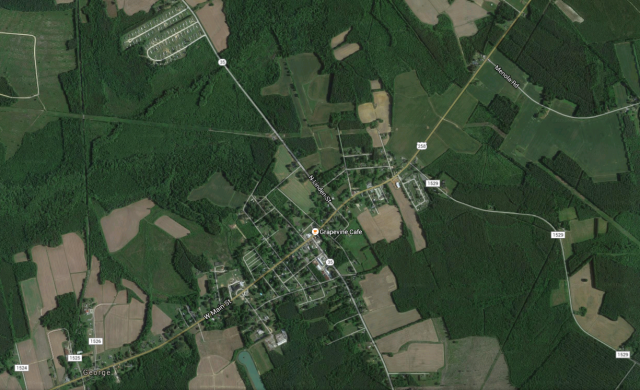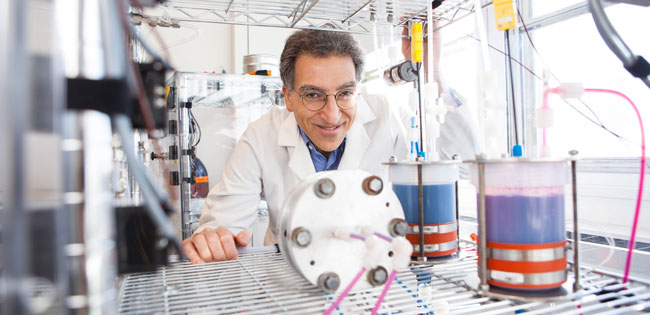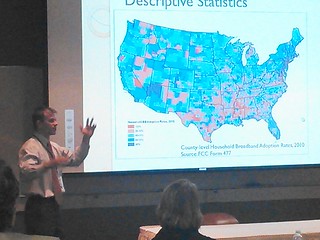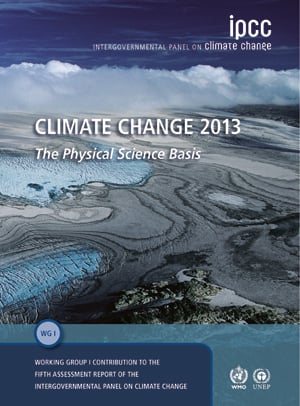Update 2015-12-23: There’s more to the story
Photosynthesis fails near solar panels,
thinks a high school science teacher.
 And the
Woodland, NC Town Council not only agreed with her and rejected
a rezoning proposal for a solar farm, it passed
a moratorium on future solar farms.
Yet I bet they have fields all around sprayed with Roundup and other
cancer-causing chemicals that actually do affect plants, animals, and people.
And the
Woodland, NC Town Council not only agreed with her and rejected
a rezoning proposal for a solar farm, it passed
a moratorium on future solar farms.
Yet I bet they have fields all around sprayed with Roundup and other
cancer-causing chemicals that actually do affect plants, animals, and people.
Roanoke-Chowan News-Herald,
Woodland rejects solar farm,
Jane Mann said she is a local native and is concerned about the
natural vegetation that makes the community beautiful.
She is a retired Northampton science teacher and is concerned that
photosynthesis, which depends upon sunlight, would not happen and
would keep the vegetation from growing. She said she has observed
areas near solar panels where vegetation is brown and dead because
it did not receive enough sunlight.
She also questioned the high number of cancer deaths in the area,
saying no one could tell her that solar panels didn’t cause cancer.
“I want to know what’s going to happen,” she said.
“I want information. Enough is enough. I don’t see the profit
for the town.
“People come with hidden agendas,” she said.
“Until we can find if anything is going to damage this
community, we shouldn’t sign any paper.”
I guess she never noticed all the plants near Monsanto-seed fields
are dead, most of the birds are gone, and all her students are fat
from eating processed foods stuffed with high fructose corn syrup.
But sure, solar panels are the problem.
Another local citizen brought up a real economic problem, but blamed
the wrong culprit.
Bobby Mann said he watched communities dry up when I-95 came along
and warned that would happen to Woodland because of the solar farms.
As
Eric Berger pointed out in ars technical,
there don’t actually seem to be any solar farms now in or near Woodland, NC.
Back to Bobby Mann:
“You’re killing your town,” he said. “All the
young people are going to move out.”
Well, there is a real problem with rural communities losing jobs and
citizens to cities.
But he’s pointing at the wrong culprit.
He said the solar farms would suck up all the energy from the sun
and businesses would not come to Woodland.
I wonder what advertising your local government acts on wildly
inaccurate misinformation
will do to businesses thinking about locating in Woodland?
This is what happens when people believe corporate propaganda:
Mayor Kenneth Manual called for the vote, which was 3-1 against
rezoning the land (the mayor only votes in case of a tie).
The council later voted for a moratorium on future solar farms.
I’d guess businesses would go somewhere else,
after the many news stories about this incident.
-jsq
/cdn0.vox-cdn.com/uploads/chorus_asset/file/5784355/nrel-community-solar.png) they have already approved other solar farms, one of which is almost built,
and they approved the one in question once it was moved to a different location.
And there are real reasons they are concerned about solar farms;
reasons which solar developers can address (unlike pipeline companies).
they have already approved other solar farms, one of which is almost built,
and they approved the one in question once it was moved to a different location.
And there are real reasons they are concerned about solar farms;
reasons which solar developers can address (unlike pipeline companies).












